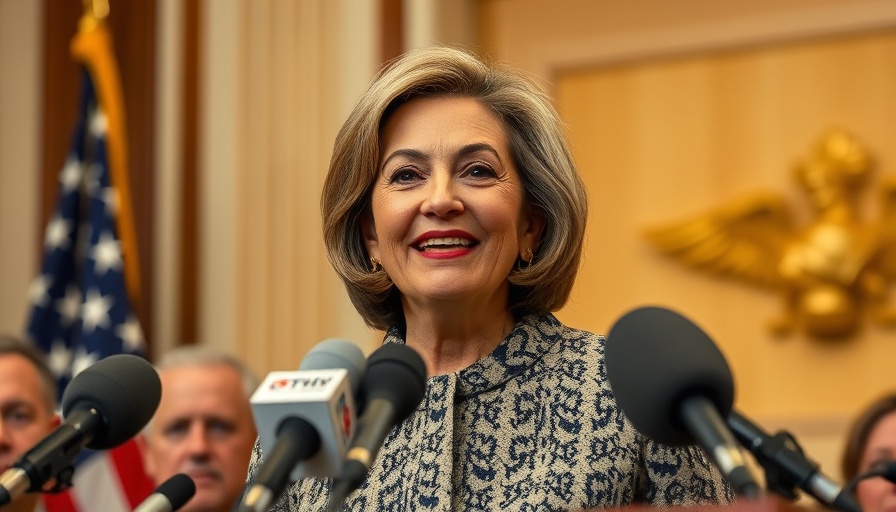
EFF Demands Public Participation in Budget Process Amid Threat of Litigation
The Economic Freedom Fighters (EFF) are making headlines once again by challenging the current budgeting process in South Africa. With Finance Minister Enoch Godongwana set to present a revised budget on May 21, the EFF is adamant that the public must have a say in how government finances are allocated. If their demands for extended public consultation are ignored, they plan to take legal action against the Speaker of the National Assembly, Thoko Didiza.
The Importance of Public Input in Governance
Public participation in the governance process is crucial, especially in a democratic setting where citizens deserve a voice in how public funds are utilized. As South Africa reels from economic instability and high unemployment rates, the call for a transparent budgeting process becomes even more pressing. EFF MP Natasha Ntlangwini argues that without proper engagement with political parties and the public, the government risks alienating the very citizens it serves. By facilitating broader input, the government could enhance accountability and ensure that budget allocations address pressing societal needs.
Government Response: Balancing Deadlines and Compliance
In contrast, the African National Congress (ANC) has stressed the importance of adhering to the necessary timeframes for budget consultations. Deputy Chief Whip Doris Dlakude emphasizes that while it is essential to allow public participation, the procedural timeframes set in the constitution should not be compromised. This poses an interesting dilemma: how does one ensure comprehensive public input while also adhering to constitutional mandates?
Legal Ramifications and Court Involvement
The potential for litigation is a serious matter. The EFF's threats of going to court highlight a growing chasm between the government's budgetary processes and the expectations of opposition parties. Recently, the Western Cape High Court suspended a VAT increase and invalidated certain budgetary resolutions, which has fueled the EFF's fire. As Hlengiwe Mkhaliphi from the EFF points out, accountability should be placed on the Speaker for approving potentially flawed proposals. The mention of legal costs raises additional questions regarding financial responsibility in government proceedings.
Public Sentiment and Political Realignment
The upcoming 2024 general elections and the 2026 municipal elections have intensified political realignment discussions in South Africa. Voter turnout has been a major concern, and the EFF's push for participatory governance could resonate with disillusioned citizens. If opposition parties like the EFF, Democratic Alliance (DA), and others effectively unite under a common cause of public engagement, it may significantly influence electoral outcomes.
Calls for Electoral Reform and Better Representation
With the increasing importance placed on public engagement, conversations surrounding electoral reform are becoming indispensable. The lack of transparency and perceived inefficacy within South African politics has led many to advocate for reforms that ensure fair representation and active citizen participation. As the country's political landscape evolves, understanding the intricacies of budget proposals in conjunction with broader electoral discussions becomes essential for fostering a more inclusive democracy.
Conclusion: Why Public Engagement Matters
The EFF's current stance on the budget process encapsulates a larger narrative about the need for accountability, transparency, and active civic participation in governance. By prioritizing public input, spending discretion can be more effectively aligned with community needs, potentially leading to improved service delivery and economic policy adjustments. As citizens, professionals, and stakeholders engage in these discussions, it is critical to acknowledge the power of their voice within the political arena.
 Add Row
Add Row  Add
Add 




Write A Comment